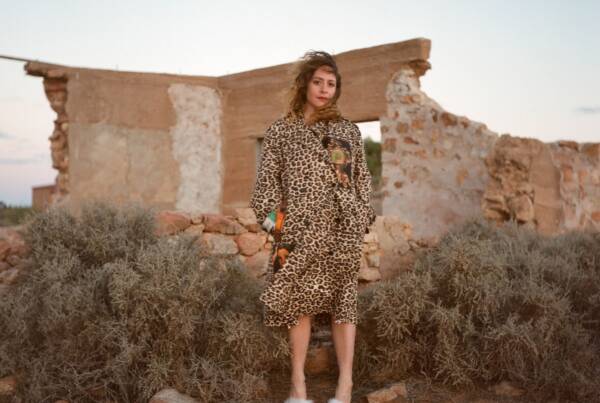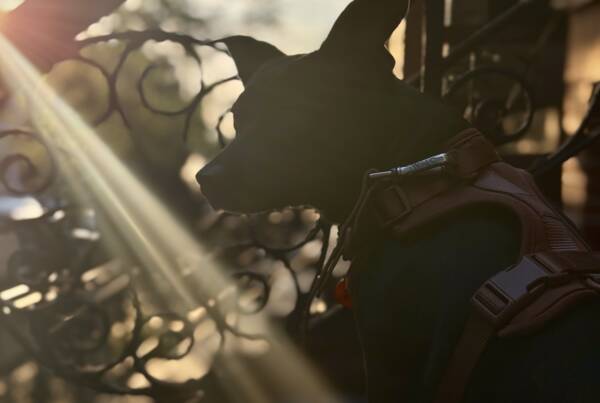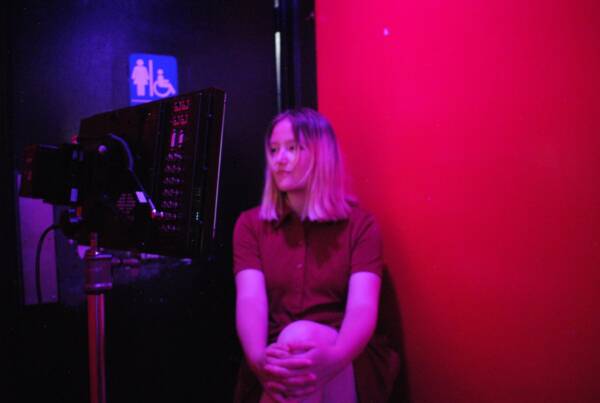Interview of Anna Downes by Freya Bennett
 Hi Anna, firstly, congratulations on your new book Red River Road – how are you feeling post release?
Hi Anna, firstly, congratulations on your new book Red River Road – how are you feeling post release?
Thank you! I’m on top of the world. Until about two weeks ago I’d never had my own launch or tour or even visited any stores outside of NSW (my first two books were both published under lockdown) so I’m really savouring the moment. I’m also relieved that this novel has turned out to be everything I hoped it could be, and that it seems to be resonating widely. In many ways this is an ambitious book and I was often afraid that I’d bitten off more than I could chew, so I’m very proud of the end result.
Where did you get the idea to set your novel along the WA coast?
Once I’d decided on vanlife as the focus, I reached out to some friends who were either doing the Big Lap or had recently completed it. Laying out my idea, I explained that I needed a beautiful, diverse landscape and a route that became increasingly more wild, remote and potentially treacherous as it went. The advice was unanimous: check out WA. And the Coral Coast was especially perfect: a place of beauty where the desert meets the sea, a playground of natural wonders with a very clear and well-trodden itinerary. I very quickly knew it would shape the story in precisely the way I wanted.
Tell us a bit about why you chose vanlife lifestyle as a central part of your book?
The claustrophobia of lockdowns reignited my obsession with travel and much of 2021 was spent scrolling through Instagram, drooling over the hashtags and daydreaming about living in a campervan – but for various reasons actually doing it wasn’t an option at the time, so I did the next best thing and started writing about it. I envisioned a breathless plot filled with serial killers, backpackers and every other outback trope I could think of… however, when in August of 2021, 22-year-old vanlifer Gabby Petito was killed while travelling in the US, writing about violence on the road suddenly no longer seemed fun or exciting. Instead, it felt heavy with tragedy and a pervasive truth about women’s freedoms: why do we tell female travellers to ‘be careful’? What do we think is going to happen to them, and how does that compare with what statistically does happen? What are the real dangers of the open road? Vanlife as a subject matter then became less of a fantasy and more a complex and fraught reality.
Have you travelled solo and did you feel safe?
At age 19 I travelled alone to the US where I completed a semester at the University of Illinois before road tripping around the Midwest and East Coast, sometimes with friends but often on my own – and for the most part I remember feeling safe, even without a smartphone or regular internet access. I’ve also travelled safely in the UK, Europe and here in Australia, though unfortunately never in a campervan. I drove the Coral Coast in a converted HiAce while researching this book but my husband came with me, ostensibly to help with the driving but I think more because he didn’t want to miss out!
Violence against women in Australia is a big topic at the moment, how did you tackle this in your book while also looking after your mental health?
It is a big topic, as it should be, and I’m glad to see it being discussed so widely. With the book, the last thing I wanted to do was write yet another crime novel about a dead or missing woman – but neither did I want to turn away from the very real dangers faced by women every day. How do you write honestly about such things without trivialising them or contributing to unhelpful cultural messaging? The answer, I think, lies in prioritising lived experience: the more we write responsibly about what violence looks and feels like from the inside rather than using it as a cheap narrative device, the more resonant and truthful our stories will be.
As for my own mental health, I find storytelling beneficial whatever the subject because fostering compassion and understanding for others leads to the same for myself. I think I’m much kinder to myself as a result of writing about trauma.
What do you hope readers take away from your novel?
I like to think the book ends with a light at the end of the tunnel and a sense that we’re all capable of change. If readers come away with a more nuanced understanding of how cycles of behaviour are formed and broken, I’ll be happy. I also hope that the final note is empowering in that we often think of solo female travellers as brave but moving through the world without fear of threat or harassment is not courageous – or it shouldn’t be. Women have as much right as men to live and explore freely, however they see fit.
Can you give us five quick tips on writing a novel?
- Never, ever compare yourself to others. We’re each on our own path.
- If it feels hard, it’s because it is hard – but it should also feel joyful. Remind yourself frequently why you love it.
- Plot starts with character. If you know what your protagonist wants and what’s stopping them from getting it, you have a story.
- Short courses and workshops are great for motivation and momentum no matter what stage you’re at.
- If you don’t write your book, it will never get written.
Red River Road is out now with Affirm Press.






